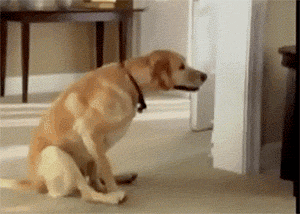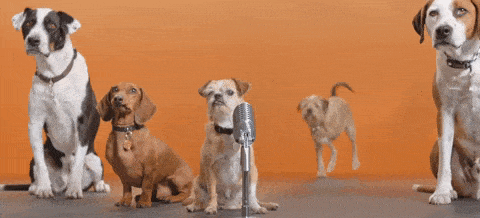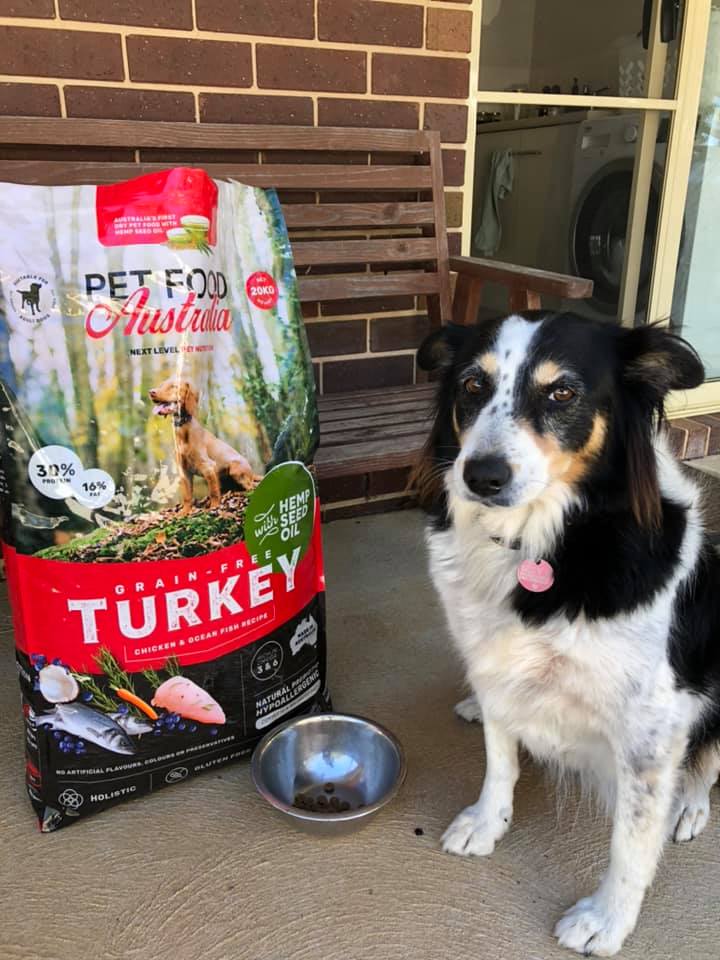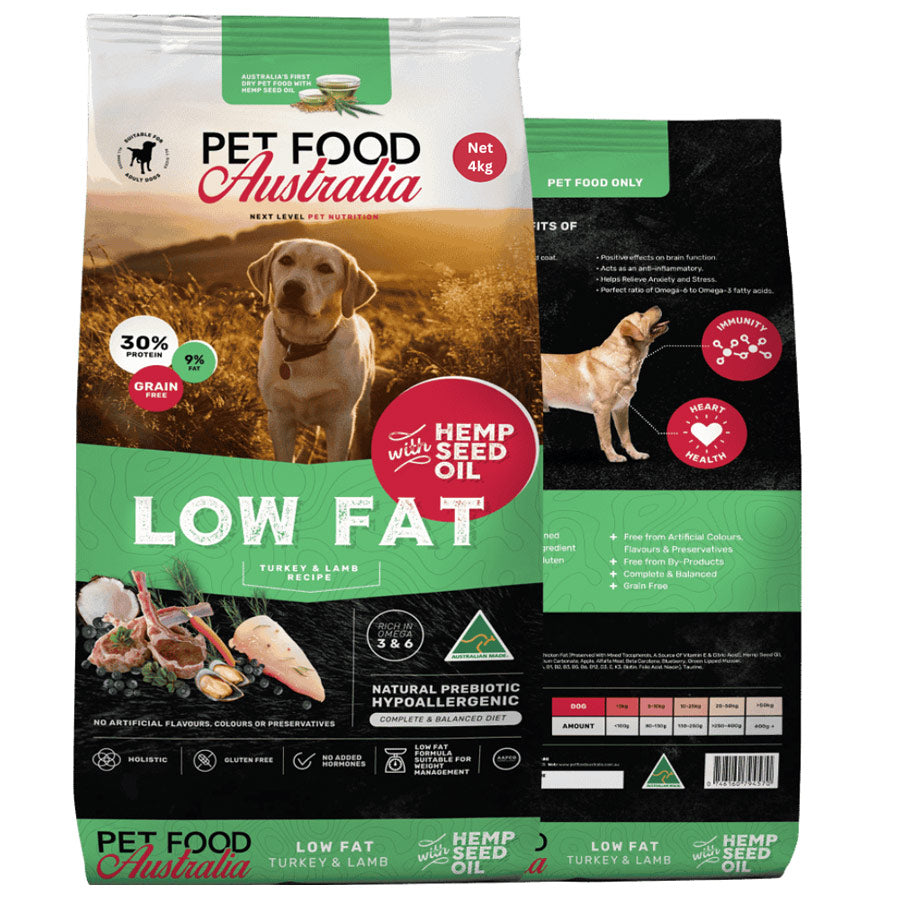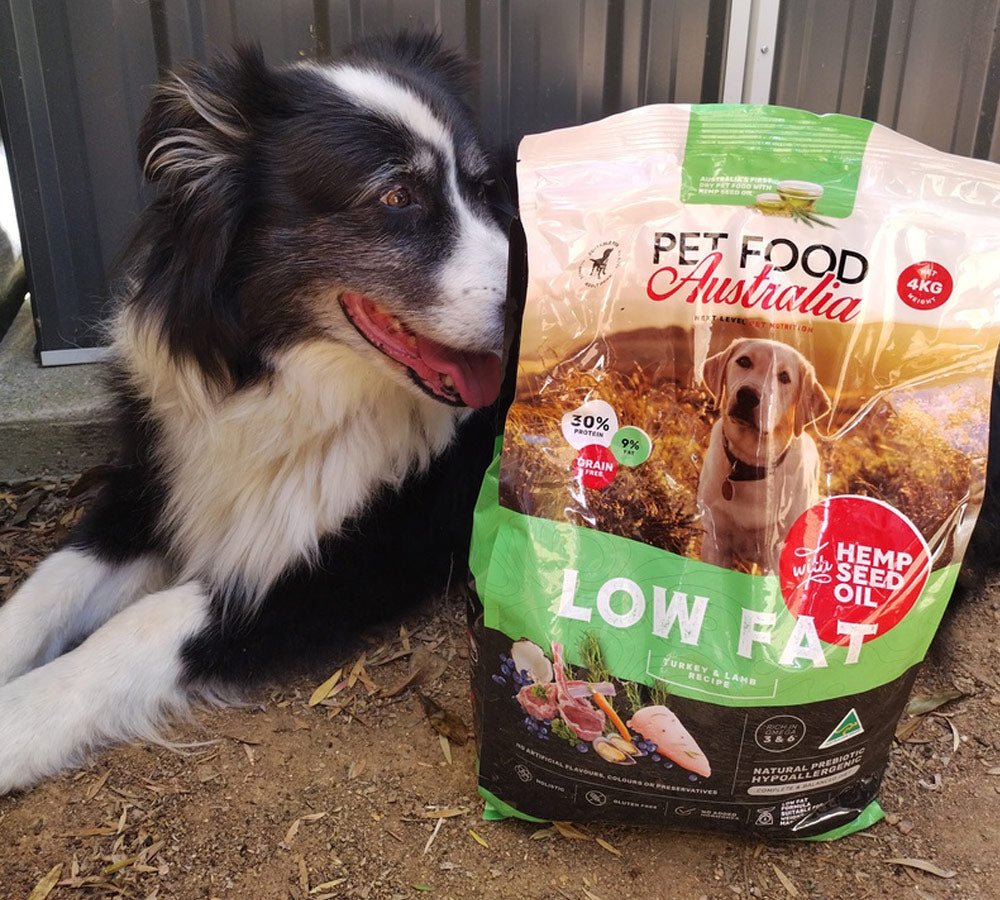Dogs
The Low-Down on Dog Eye Discharge
Lee Amiti
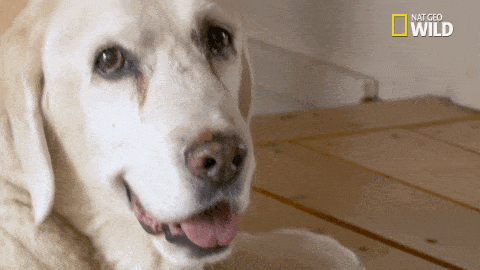
The Low-Down on Dog Eye Discharge | Treatments & Causes
Dogs are susceptible to many of the same health conditions as humans, and one of those is dog eye discharge. Eye discharge can be caused by various things, from allergies to infection, and it's essential to know when to be concerned or when to treat the condition at home safely.
Before we get into how to identify the seriousness of your dog's eye boogers, let's first discuss the following:
CAUSES OF DOG EYE DISCHARGE:
There are many causes of dog eye discharge, and some of the most common include; allergies, infection, dry eye syndrome, and trauma to the eye.
Allergies:
Dogs can be susceptible to environmental allergies, just like humans.

Infection:
Bacterial and viral infections are common causes of dog eye discharge and will usually require vet treatment to clear up.Dry Eye Syndrome:
Dry eye syndrome (or keratoconjunctivitis sicca) is another common cause of dog eye discharge. This is usually caused by a lack of tear production and can lead to discomfort and irritation in the eyes, which may require vet treatment.Trauma to the Eye:
If your dog has experienced any trauma to the eye, this can also lead to dog eye discharge. If there is no apparent cause, it's best to see your vet for examination and advice.DOG EYE DISCHARGE COLOUR MEANING
The colour of the discharge seeping from your pup’s eyes can tell us a lot of things and give us a decent understanding of why it is happening.Clear dog eye charge:
Clear dog eye discharge (like tears) is usually not a cause for concern and could result from your dog rubbing or scratching at their eyes, dry conditions, or even environmental allergies.Green or yellow dog eye discharge:
A bacterial infection can cause green dog eye discharge and can lead to more severe issues if left untreated. Yellow dog eye discharge usually indicates an infection or inflammation of the dog's eyes, often due to conjunctivitis.Brown dog eye discharge:
Brown/rusty dog eye discharge can be more concerning and indicates a possible infection, so it's best to take your pup to the vet for an examination.Red eye discharge:
Red dog eye discharge usually indicates an injury or irritation, such as foreign bodies like dirt, dust, or a scratch. Your dog might also be suffering from glaucoma or inflammation of the eye and should be checked over by your vet as soon as possible.White dog eye discharge:
White dog eye discharge, or milky eye discharge, usually indicates eye inflammation. Allergies are a common culprit of white eye discharge in dogs and can usually be treated at home unless the condition worsens.TREATMENT OF DOG EYE DISCHARGE
 If you're concerned about dog eye discharge, it is always best to take your dog for a check-up. Your vet will be able to assess the situation and provide you with an appropriate treatment plan or further advice on how best to manage the condition at home.
Various treatments may be suggested depending on what has caused the dog's eye discharge. These can range from dog eye drops and ointments to more advanced treatments like dog eye surgery. It is always best to consult your vet before undertaking any treatment plan, and they will be able to provide you with the most helpful advice for your pup.
Ultimately dog eye discharge should be taken seriously, and if it is persistent or worsening, it's best to get a professional opinion. The sooner dog eye discharge is diagnosed, the better chance of finding an effective treatment plan.
If you're concerned about dog eye discharge, it is always best to take your dog for a check-up. Your vet will be able to assess the situation and provide you with an appropriate treatment plan or further advice on how best to manage the condition at home.
Various treatments may be suggested depending on what has caused the dog's eye discharge. These can range from dog eye drops and ointments to more advanced treatments like dog eye surgery. It is always best to consult your vet before undertaking any treatment plan, and they will be able to provide you with the most helpful advice for your pup.
Ultimately dog eye discharge should be taken seriously, and if it is persistent or worsening, it's best to get a professional opinion. The sooner dog eye discharge is diagnosed, the better chance of finding an effective treatment plan.
HOME REMEDIES FOR DOG EYE DISCHARGE
If your dog's eye discharge is mild and doesn't appear to be caused by an infection or injury, there are some simple home remedies that you can try.Clean the eyes
The first step in managing dog eye discharge is to keep the area clean and hygienic. You can use dog-safe eye wipes to gently clean away any crustiness or discharge from your dog's eyes.


